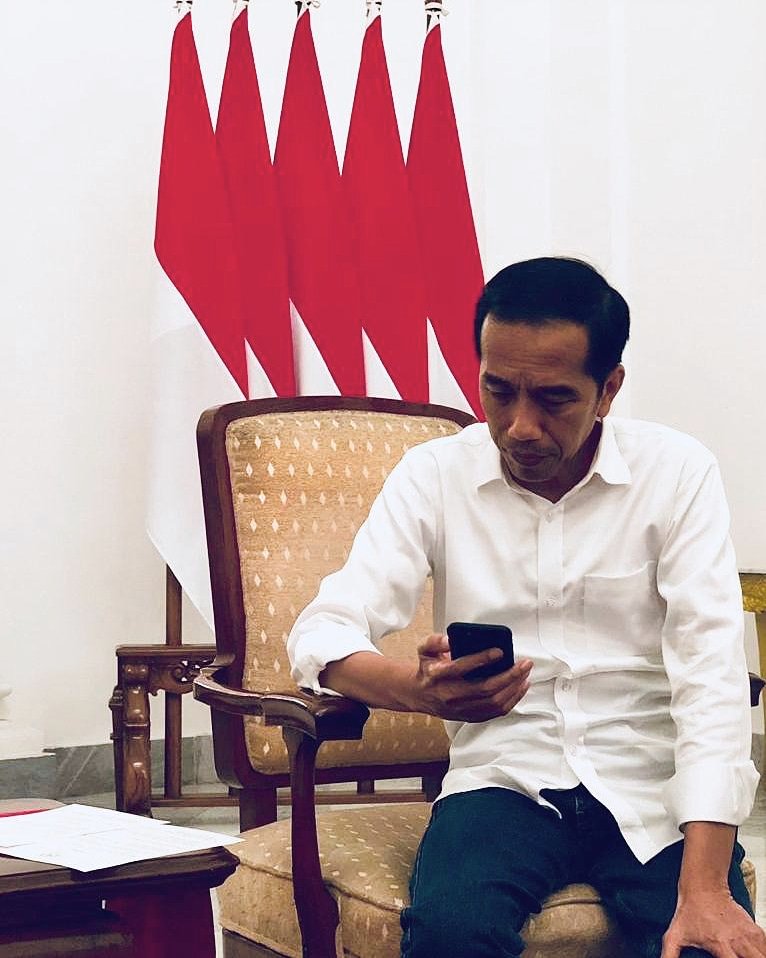
NUSA DUA, Indonesia – Indonesian President Joko Widodo took aim Friday at sparring for dominance between big economies like the U.S. and China, saying trade wars are an invitation to destruction and are pointless in a “sinking world.”
Criticism over the tariffs standoff between Washington and Beijing has been abundant during the annual meeting of the International Monetary Fund and World Bank on the Indonesian island of Bali.
Coming amid an unnerving spate of turmoil in world financial markets, much attention has focused on threats to growth from the uncertainty and disruptions associated with trade friction.
“The balance of powers and the alliances among major economies are breaking down. Weakness in co-ordination and co-operation has caused many problems, including the dramatic rise in the price of crude oil and turmoil in the currency markets of developing economies,” Widodo told the gathering of financial officials, central bank governors and experts.
Instead, attention should be focused on slowing growth and disruptions from new technologies that are turning many industries “upside down,” he said.
In an allusion to the popular TV series “Game of Thrones,” he said fighting among the “great houses” was distracting them from the threat of an “evil winter.”
“Victory or defeat in wars always brings the same result – destruction,” he said. “It’s pointless to become the leading economy in a sinking world.”
In a statement released Thursday, the senior American official in Bali, Treasury Secretary Steven Mnuchin, pointed to relatively strong U.S. economic indicators as evidence policies meant to nurture sustained growth are working.
He urged the IMF to identify countries that use economic, foreign exchange, and trade policies to “contribute to unfair competitive advantages.”
The Trump “administration is committed to achieving a fair and reciprocal trading and investment relationship with all of our partners, including China,” he said. “We welcome the IMF’s work on tariff and non-tariff barriers, and we encourage the IMF to focus on less open trade regimes in order to play a constructive role in promoting global solutions.”
Finance ministers and central bank governors of the Group of 20 industrial nations were due to issue a statement on their talks on the sidelines of the IMF-World Bank meetings later in the day.
Friday’s meeting began with a moment of silence for victims of recent disasters, including a Sept. 28 earthquake and tsunami that killed more than 2,000 people on another Indonesian island, Sulawesi, and left perhaps thousands buried in mud.
World Bank President Jim Yong Kim said the disasters were a reminder of the institution’s mission of helping countries build resilience and deal with disasters, manage debt levels and invest in their people to prepare for the future, while helping to alleviate poverty and promote economic growth.
“Every day that you don’t build human capital, your economy, and your country, will fall farther and farther behind,” Kim said, noting that as when he was born in 1959, South Korea, now an affluent manufacturing powerhouse, was among the poorest countries in the world, with a literacy rate of only 23 per cent.
–––
Associated Press writer Hau Dinh contributed to this report.